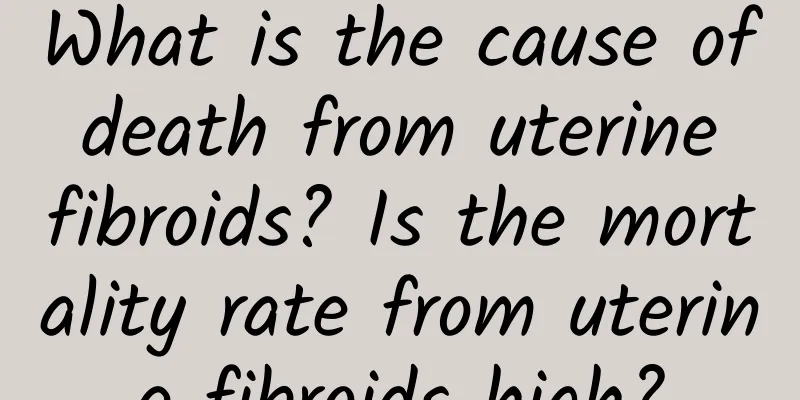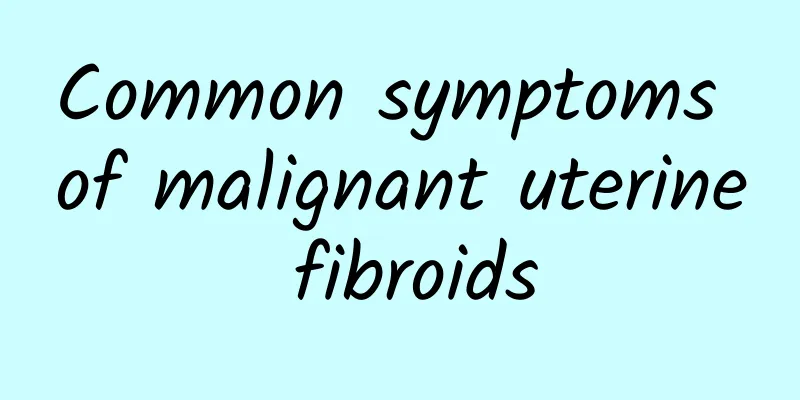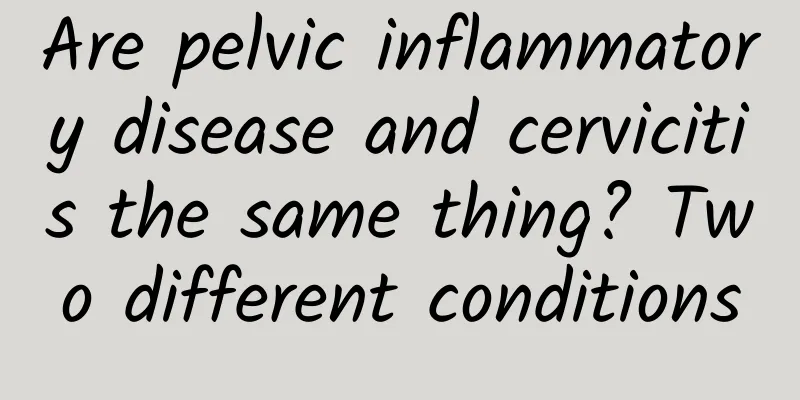What is the cause of death from uterine fibroids? Is the mortality rate from uterine fibroids high?

|
Uterine fibroids are common benign tumors that grow in the lining of the uterus. Many women develop uterine fibroids during their childbearing years, but in most cases, they are asymptomatic and do not require treatment. However, when uterine fibroids cause serious illness or interfere with your quality of life, treatment may be necessary. Some women may worry about whether uterine fibroids are life-threatening and how likely they are to die. These issues are discussed in more detail below. Let's look at why deaths from uterine fibroids are relatively rare. Uterine fibroids are benign, meaning they will not turn into cancer. Most uterine fibroids are harmless, especially those that are small and cause no symptoms. However, some uterine fibroids can grow larger and have some negative effects on the body. First, uterine fibroids may cause menstrual irregularities, which means your periods may become more painful, longer, or you may experience excessive bleeding. These conditions may lead to anemia or low red blood cell counts, which can affect your overall health. Uterine fibroids may have an impact on fertility. Some uterine fibroids may occupy a large area of the uterine cavity, which can negatively affect embryo implantation and the normal development of the endometrium. In rare cases, uterine fibroids can cause serious complications that can lead to death. These complications include conditions such as torsion or necrosis. Torsion of a uterine fibroid occurs when a larger tumor suddenly becomes twisted and blocks its blood supply. This can cause severe abdominal pain and tissue death. If the tumor necroses and is not treated promptly, it can cause a serious infection and lead to complications. It is important to note that the mortality rate for uterine fibroids is relatively low. Most women with uterine fibroids do not develop serious complications and do not live longer. However, for those who do develop severe symptoms, prompt diagnosis and treatment are crucial. Popular science about "What is the cause of death from uterine fibroids": The main reason for the low mortality rate of uterine fibroids is their benign nature. Uterine fibroids do not usually transform into malignant tumors and therefore do not pose a life-threatening risk. Although uterine fibroids may cause some symptoms and complications, most patients can manage these problems and stay healthy with timely advice and treatment from their doctor. However, in order to reduce the incidence of uterine fibroids and the risk of complications, women should pay attention to some preventive measures. First, maintaining a healthy lifestyle is an important part of preventing uterine fibroids. This includes a balanced diet, proper exercise and regular weight control. Secondly, regular gynecological examinations, including ultrasound examinations, can help detect the presence of uterine fibroids in time and diagnose and treat them as soon as possible. If any symptoms or discomfort occur, such as abnormal menstruation, abdominal pain or abdominal mass, etc., you should consult a doctor in time. Most uterine fibroids are harmless and do not require treatment. However, in some cases, uterine fibroids may cause serious complications. However, the mortality rate of uterine fibroids is relatively low, which is mainly attributed to its benign nature and timely diagnosis and treatment. Maintaining good living habits and regular gynecological examinations will help prevent and detect uterine fibroids early, thereby effectively managing this disease. |
Recommend
Patients with uterine fibroids must learn how to self-examine
With the increasing number of patients with uteri...
What to do if polycystic ovary has very little menstruation
What should I do if my menstruation is very rare ...
How long does it take to treat vaginal candidiasis?
Fungal vaginitis refers to vulvovaginal candidias...
Why does Bartholinitis keep recurring?
Gynecologists point out that the Bartholin's ...
Pelvic inflammatory disease usually causes low back pain in the late stage
Pelvic inflammatory disease usually causes back p...
Four major hazards of artificial abortion
Artificial abortion is very harmful to women'...
How is surgery performed for ectopic pregnancy?
Surgery for ectopic pregnancy usually uses laparo...
How to check for premature ovarian failure
How to check for premature ovarian failure? Prema...
What are the tests before abortion?
Many examinations need to be done before abortion...
What are the dangers of threatened abortion?
Threatened abortion is a common and special type ...
Specific manifestations of early symptoms of ectopic pregnancy
A healthy baby is what every couple desires, but ...
Break the weight loss plateau! 3 Foods That Speed Up Metabolism
Herbal tea, high-quality protein and dietary fibe...
What should I pay attention to when I have uterine fibroids? What dietary aspects should I pay attention to when I have uterine fibroids?
What should I pay attention to when I have uterin...
Is cervical erosion contagious?
The infectiousness of diseases is something every...
Dietary considerations for pelvic inflammatory disease
In addition to actively accepting treatment for p...









